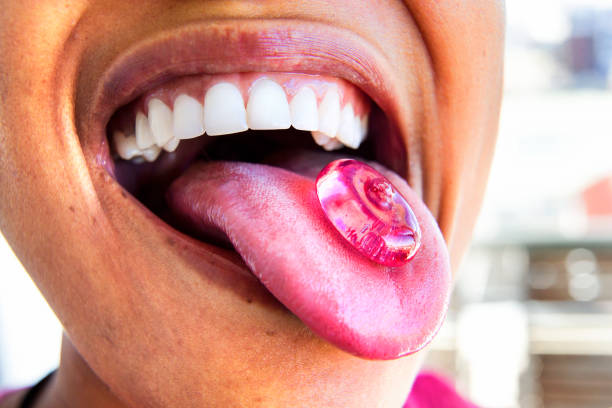Diabetes is fast gaining the status of a potential epidemic in India with more than 62 million diabetic individuals, currently diagnosed with the disease. And it is predicted that by 2030 diabetes mellitus may afflict up to 79.4 million individuals in India. With such a large percentage of the population suffering from the condition that affects the body’s insulin levels, it’s vital to understand the impact of diabetes on our oral health and how can a person be saved from its consequences.
Knowing the link between your oral health and diabetes is very crucial. People who have diabetes, know that the disease can harm the eyes, nerves, kidneys, heart and other important parts of our body.
But did you know diabetes can also cause problems in your mouth?
Various inflammatory diseases and soft tissue pathologies in oral cavities are associated with diabetes mellitus. However, awareness of these complications is lacking worldwide. Periodontal diseases have been proposed as the sixth most prevalent complication of diabetes mellitus. It has been reported as a more frequent oral complication compared to other oral manifestations such as dry mouth and caries.
People with diabetes who have poor control of their blood glucose levels are more likely to develop oral health problems. You may even notice certain factors which could be:
• You may have less saliva, causing your mouth to feel dry. (Mouth dryness can also be caused by certain medications.)
• Saliva protects your teeth while you’re eating and drinking, but after a while, it forms plaque and bacteria which sticks together with your teeth, and eventually it multiplies and eats away at your teeth.
• Due to the formation of plaque in your mouth, causes irritation in the gums which leads to gingivitis. And bleeding gums are often a sign that the toxins and plaque in your mouth have taken a toll on your gums.
• Gingivitis can make you face problems while eating or drinking anything.
• The overgrowth of plaque irritates the gums and white blood cells are called in to destroy the source of infection. But instead of destroying the plaque, the white blood cells destroy the connective tissues in the gums. Due to this you may experience delayed wound healing.
• With gingivitis, your gums can become swollen, red, and bleed. You may be susceptible to infections inside your mouth.
• For children with diabetes, teeth may erupt at an age earlier than their typical age. Diabetes in children may be because of genetic links or frequent blood sugar fluctuations.
Diabetes is not just a disease that impacts your blood sugar levels. It can potentially affect the health of your teeth and gums. That is why it is important to have a proper Diabetes Dental Health Action Plan to support your health.
Teamwork involving self-care and professional care from your dentist will be beneficial in keeping your healthy smile intact and preventing the progression of diabetes and other health problems to occur.

Here are a few oral health-related things that you should do for optimal wellness:
• Control your blood sugar levels. Use your diabetic medications as prescribed. Good blood sugar control will also help your body fight any bacterial or fungal infections in your mouth and help relieve mouth dryness caused by diabetes.
• Make sure to brush twice a day with a soft brush and clean your teeth thoroughly from every side daily.
• Floss your teeth at least once a day. Flossing helps to remove plaque between your teeth and under your gum line. It’s vital to schedule regular dental visits for your dental check-ups and in-depth consultation.
• Visit your dentist at least twice a year for dental cleaning, X-rays, and optimal checkups. With proper consultation, you will be able to find every early sign of gum disease prior. You must report any such signs of gum disease including redness, swelling, and bleeding gums, to your dentist.
• Don’t smoke. Smoking increases the risk of serious diabetic complications, including gum disease, and ultimately, resulting in tooth loss.
Preparing for a Dental Visit
Always ensure that your dentist is aware that you have diabetes. Try to eat the main meal before going for a dental appointment, as recommended by your dentist. Let them know what medications you are taking. Check your blood glucose levels before the appointment. High blood sugar can take a toll on your entire body, including your teeth and gums as well. But here’s Good News. Prevention is in your hands. Take charge of your oral health from today onwards.
Get more information on some dental facts that would be beneficial for your oral care. Or get consulted by an expert dentist in Gujarat to restore your mouth health back. And have a dazzling smile again.

